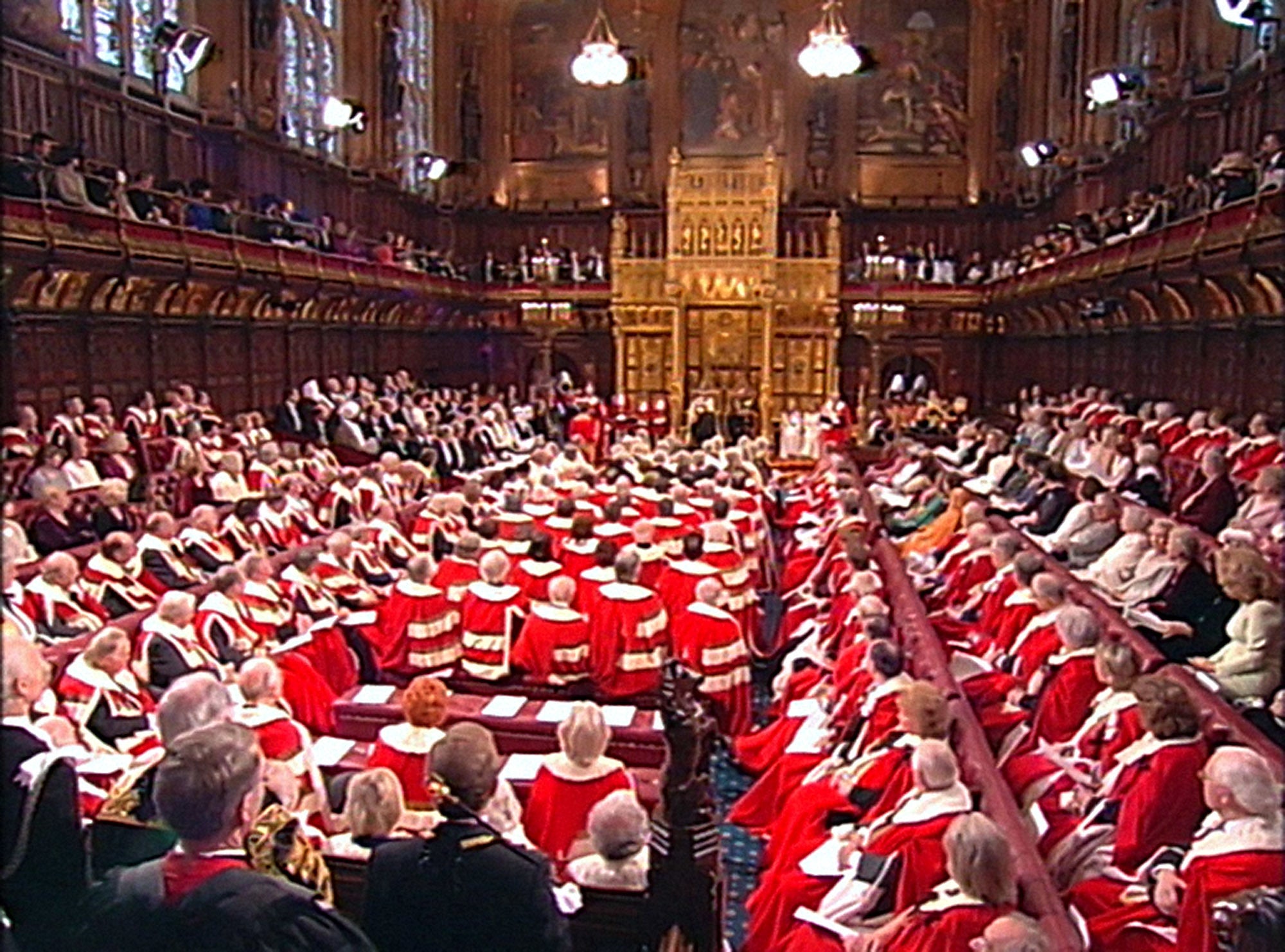The aristocracy has become increasingly influential in British society over the past 150 years, according to new research into the lives of famous people.
The academics studied entries in the Oxford Dictionary of National Biography, a reference book that records the profiles of more than 60,000 people who had a significant impact on British life. They found that hereditary nobles are now 292 times more likely to be listed than non-nobles.
This shows that their influence increased in the 19th century, when hereditary nobles were 221 times more likely to be present than ordinary people.

Dr Matthew Bond and Dr Julien Morton of London South Bank University calculated how many of the hereditary peers who died between 2008-18 were included in the list for their outstanding life achievements In Oxford Dictionary.
They then looked at how many non-nobles who died during the same period ended up in the book. They then repeated the process between 1858 and 1867 to see how influential the nobility was compared to the rest of the population in the 19th century.
They looked only at deaths among people aged 35 and over to avoid the distorting effect of large numbers of child deaths in the 19th century. They excluded life-long nobles who had been granted noble titles, as well as the first nobles in their families.
Dr Morton said his research was consistent with “the widespread view among historians and the wider public that the British aristocracy was a declining group whose wealth, power and status had declined so much that they were completely marginalized from British life” Common belief is to the contrary.
Instead, his research showed “an increase in the relative advantage of the British aristocracy compared with the British population”.
Recent additions to National Biography include Lydia Hayward, a leading screenwriter in the British film industry from 1920 to 1942, and George King, a sailor at the Battle of Trafalgar.
Recent aristocratic works include Lady Elizabeth Cavendish, Princess Margaret’s lady-in-waiting, and artist Lady Silas Dugdale, aunt of current Foreign Secretary Lord David Cameron.
Researchers say the Oxford Dictionary of National Biography is a good indicator of influence because nobles earn entries through their actions and are not automatically included.
“Historians don’t really try to measure the status of elite groups over time, so using something like ODNB becomes particularly powerful and important. ODNB has a higher barrier to entry than a Who’s Who, for example, of nobility will automatically be included,” Dr Morton told the British Sociological Association’s annual conference.
Dr Bond speculated that the increased influence of the aristocracy could be down to their “historically close ties to political power” or “perhaps they have exploited their connections to old boys’ networks”.
He added: “After the early 20th century, hereditary aristocrats may no longer engage in outright struggle against democratic forces, but instead concentrate on less obvious forces of power such as wealth and status.”
Follow us on Google news ,Twitter , and Join Whatsapp Group of thelocalreport.in